|
We're at the last monthly summary of this year! I've discovered so many amazing things this year, and going through the previous articles blows my mind with the amount of good things I've discovered. I'm not sure if I'll be able to keep this pace after this pandemic ends, but let's see.
If you haven't checked the previous articles in this series, I highly recommend you check them out. A quick refresher, just in case - I’m recording the new (and old) stuff I’m watching, playing or listening to, and I’m doing it in a series of monthly articles. I’ll write some quick notes about the old stuff I went back to in the first section (Repeat Value), before getting into the new stuff (...The New Stuff). This month has a bunch of games and an album - I decided to find a bunch of small stuff to finish up, and it's been a fantastic experience. There's no Repeat Value this time, because all the stuff I went through this month was new.
1 Comment
by Shataparni Bhattacharya Punk rock is the voice of the disillusionment era. It was created by a generation of youths who primarily considered themselves to not be artists, but working-class individuals, who faced a set of social and economic problems, including but not limited to mental illnesses. Though largely neglected within discourses of illnesses, the punk rock genre has been a champion for the cause of drawing attention and awareness to various illnesses, usually psychiatric. by Abinash Palai On an otherwise uneventful Thursday evening about two weeks ago, the world stopped and wondered why a bard would be rewarded the coveted Nobel Prize for Literature. For some this was a matter of little or no surprise, as they were aware of the genius of Bob Dylan. But for many others it was a prejudice of the same stature as the omissions of Nabokov or Joyce. Within hours of declaration, the internet was bustling with people from either cliques and The Blue Abomination was infested with blogs and posts and open letters. However amidst the frenzy of it all, I put one of his earliest works on and laid back with a glass of wine, because for music aficionados like me, this undoubtedly demanded celebrations, and for alcoholics like me, almost everything did. by Srijon Mukherjee Twelfth grade was a time when, after I'd come across and finished obsessing over most classic rock bands, I was starting to feel a little exasperated, having been used to discovering a new band every half hour. Too familiar with the 60s and 70s, irritated by the 80s zeitgeists, and worn out by the 90s and 2000s, I suddenly came across a small brand of awkward stalwarts from Britain - the 80s alternative bands. While Jesus And Mary Chain, The Cure, and R.E.M hit me pretty hard, it was The Smiths that led the cultural mob awakening in my head. by Sananda Gopalakrishnan Yes, the old times: it wasn’t the best of times, but it wasn’t the worst of times. Though 2008 wasn’t exactly a decade ago (it almost is, damn), it still somewhat correlates to particular trends of thoughts, some of which extend their reach to even today, whether it be in music and art, or philosophy (the everyday kind, pertaining to day-to-day beliefs and survival). In the former, Radiohead’s timeless, yet constantly reinventing style has led to their own perceived statement of the times. In Rainbows was a step further in the direction of inclusion of personal elements in their songs, instead of either general sentiment or social themes of alienation and all-consuming consumerism. From what we see of social ailments in OK Computer and The Bends (excepting a few) and the stark delineation in Kid A and Amnesiac, In Rainbows had gems of a different hue: the ones which are unintentionally reminiscent of simpler times, of elemental, even innocent, emotion and the dilemma and pleasing confusions of new-found love. All of their songs that spoke about love, spoke of one which constantly harped on the edges of a helpless obsession. This is their incessant wave of sentiment that focuses on a spiritual depravity of sorts, and they consciously speak of empty yearning, of an obsession doomed to be unfulfilled because after all, how do you yearn when you don’t know what you want? Do you only want to be noticed and be ‘together’, without knowing what being ‘together’ with that person means? This is basically the idea of being in love, being more fulfilling than being in love itself. So when Radiohead speaks of, to put it blatantly, a dating scene that is beautifully simple and one I connect with, how do I react to it? I analyse. by Tarique Ejaz For a person who enjoys music just for the sake of enjoying it, it might not be the most technical-based article on music or an artist or an album or even a song for that matter of fact. Having said that, those who are expecting an article that comments on the beats and sound-resonance scale, audible likability and genre based insightful take on a rather popular album which has come up immensely in the last two years, be prepared for disappointment.
With that warning out of the way, let's get started! by Rick Mazumdar "With your feet in the air and your head on the ground"
A truly peculiar way to begin and end a song. by Rick Mazumdar Have you ever had one of those conversations with your parents with regards to music?
Where your parents say that their music was a thousand times better than all the noise that's coming out these days? That all that you hear now isn't great at all and shouldn't be considered music? |
Categories
All
Archives
December 2022
|
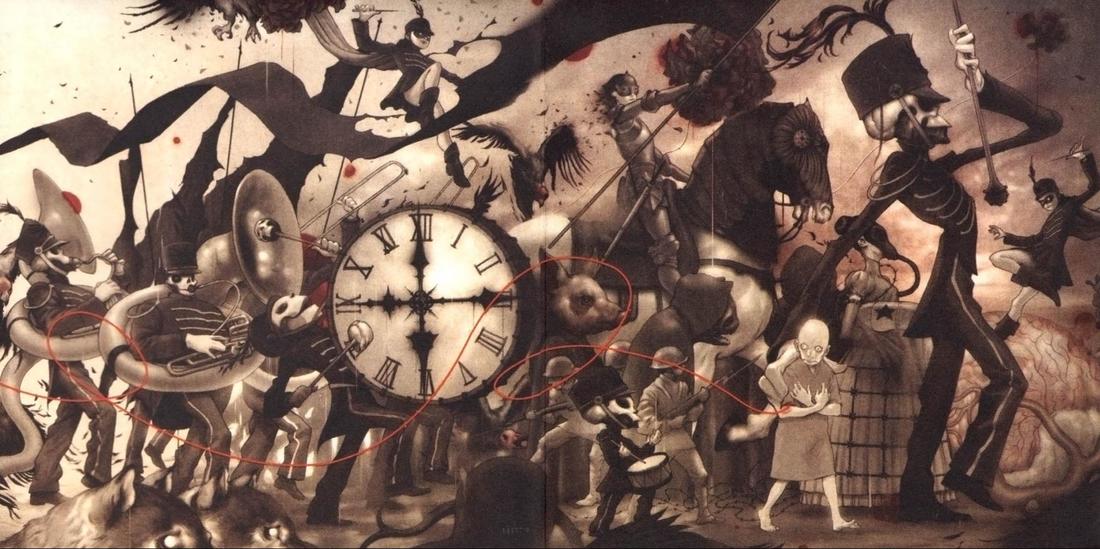
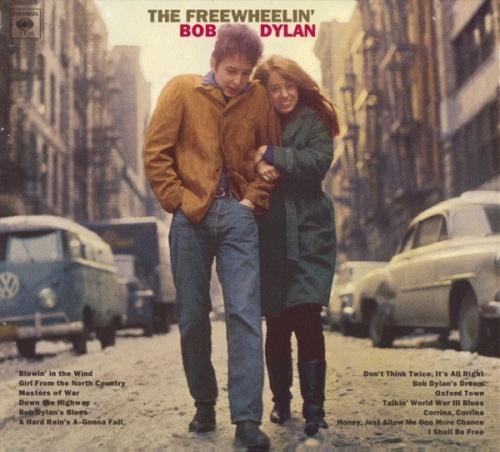
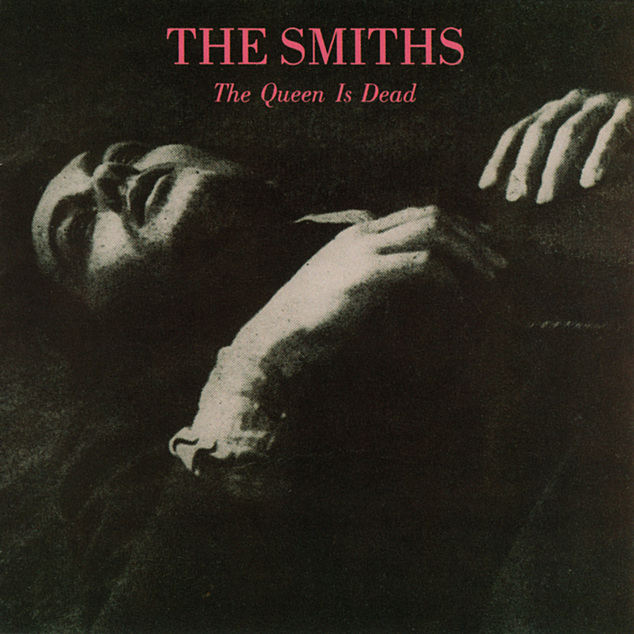
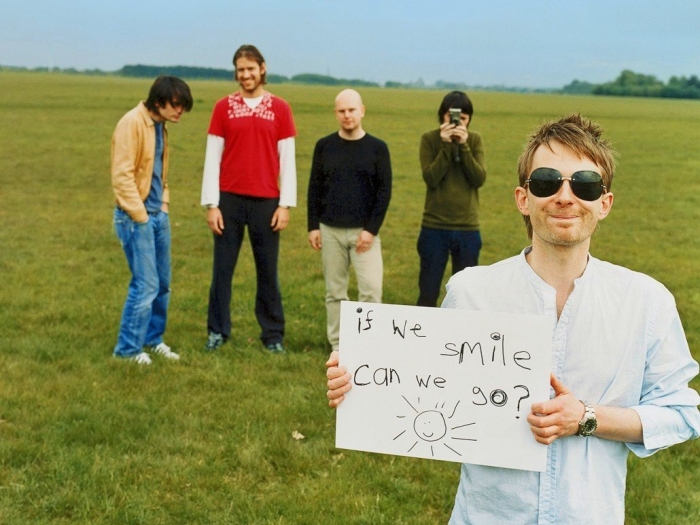
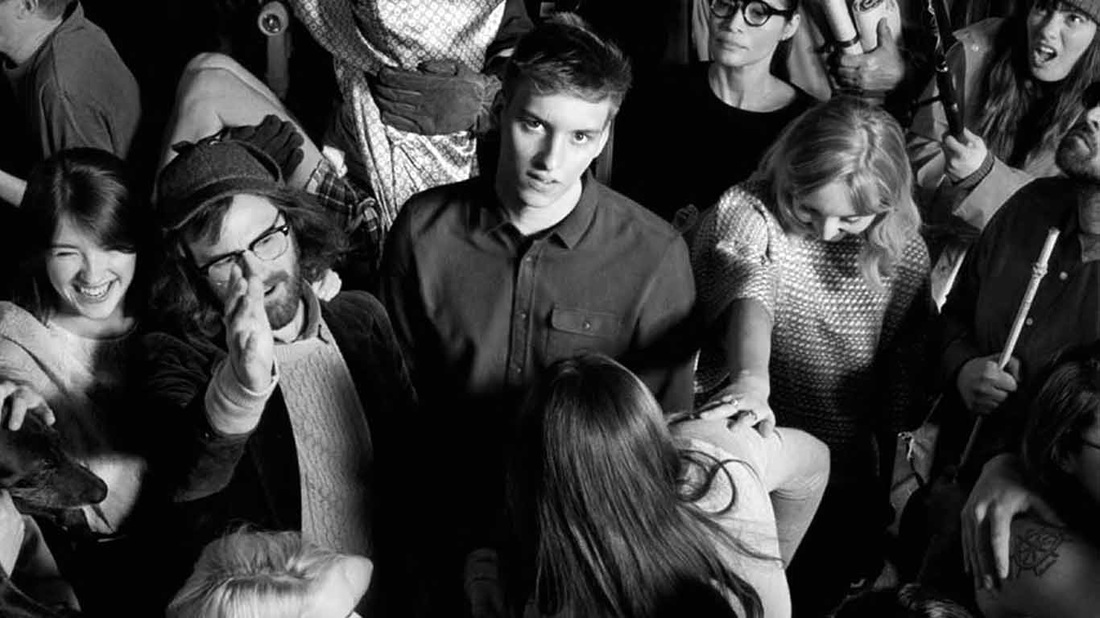
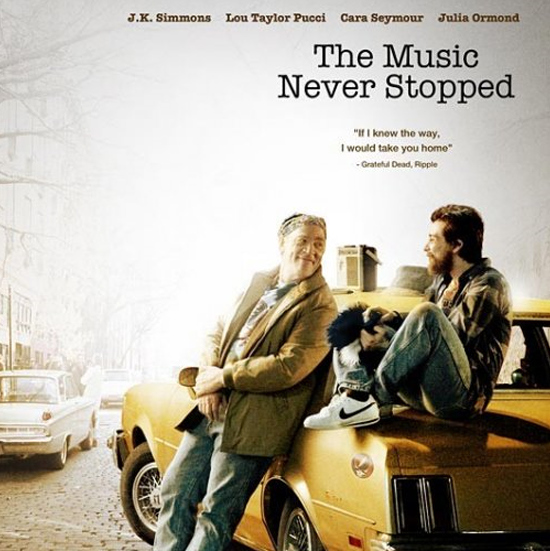
 RSS Feed
RSS Feed
